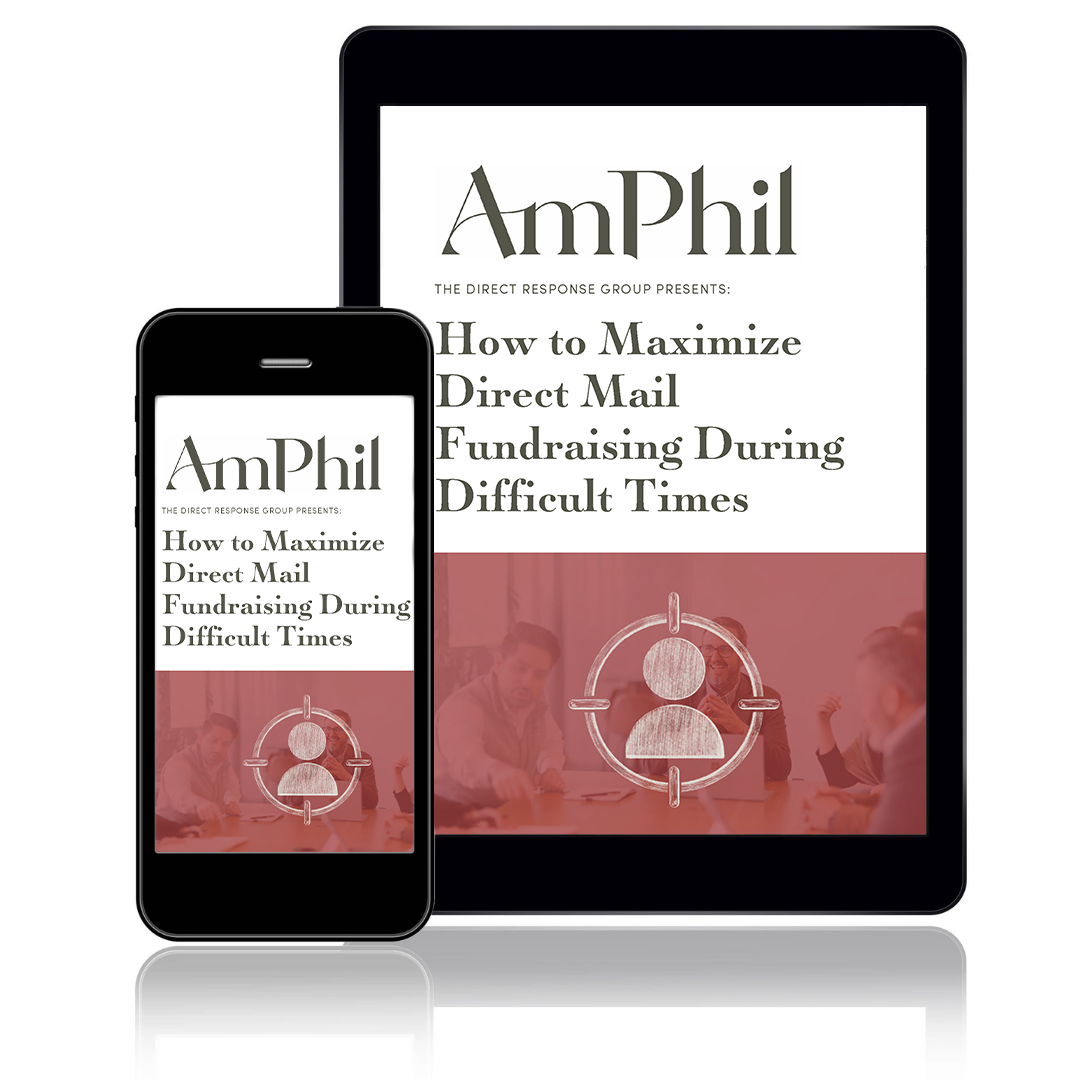
A lot of people hate taking surveys. I know because I am one of them. We’re bombarded with them: you buy apples at the store, and suddenly you’re getting an email that asks you how you feel about the apples. Would you say they make you feel joyful, on a scale of 1-5? Personally, I can’t hit the delete button fast enough.
But one big lesson in fundraising is that your donors are not all like you—and figuring out the ways they are not like you is incredibly important to fundraising success. And while you may not be a survey-taker, many of your supporters will be. Many of your supporters will want to take the opportunity to tell you about themselves and their interests because they care about the cause and the mission. And when they take surveys, they’ll tell you even more ways that they aren’t like you.
There are at least three major reasons that regularly surveying your supporters is important. These are all good reasons to survey, but they might not all be in play for every survey. Different surveys, administered to different groups of donors, perhaps at different times of the
year, might be more inclined toward one purpose or the other.
Donor Discovery
The most obvious reason is the most scientific reason: you want to know what your donors believe or how they are acting. You want to answer questions that you legitimately don’t know the answer to.
This may involve perceptions of a new campaign or strategy you’ve launched. Or maybe you want to know about their giving to other groups, or how they rank particular subcategories of your work. Maybe you want confirmation of simple factual questions, such as whether or not they are reading your emails or your materials.
These questions are all easily answered through donor surveys—and you’ll often be surprised by the findings.
Donor Cultivation
Surveys are in and of themselves important acts of cultivation.
Most of your donors have no other significant opportunity for feedback, especially given confidentiality. You might regularly hear from top donors that you meet with in person, but the rest of your donors—even those with a capacity to increase their giving—never get to tell you what they think. But just asking for their opinions shows that you value their opinion, which means that you value them.
People who take the surveys will end the survey thinking about your mission, and they will be more likely to take other positive steps as donors.
Warm Fundraising Leads
If done confidentially but not anonymously, it’s a lead generation engine. Many donors will tell you about other organizations they support, maybe at higher levels, and thereby reveal their potential for an increased or major gift.
Donors will even sometimes tell you that they have already left you in their will. We’ve seen several clients learn about large planned gifts this way. And we almost always find pockets of donors who are primed to give much more.
Donor Surveys Gone Wrong
Of course, there are also bad reasons to survey donors, or at least bad ways to complete donor surveys. Using surveys as mere gimmicks to raise a donor’s blood pressure and drive an immediate donation (“do you approve or disapprove of cutting down the entire Amazon rainforest to benefit big agribusiness?”) is ethically suspect and the value of the results is questionable anyway.
While factual recall questions can be good (“how much did you contribute in 2021 to other nonprofits you support?”) nonprofits should take great care when asking questions related to donors’ preferences for communications, or when asking questions about donor motivation in relation to your efforts.
If given a chance in a survey, donors will typically say that your communications efforts have little or no influence on their decision to contribute—yet you’ll see in your donor records that contributions spike when you send solicitation mailings or emails, or right after visits for major donors. They will also often express happiness with hearing from only once or twice per year—yet we know that if you take this advice literally and delete planned donor outreach on your calendar, contributions will suffer. Better, then, not to give them a chance to tell you incorrect things about their own preferences.
Properly executed, however, donor surveys offer great insight and value at a relatively low cost. And yet they continue to be one of the most underutilized development strategies.
So go ahead: delete that survey in your inbox about the deli counter service from your local supermarket. But while you do so, think about building a donor survey into your communications plans this year.


